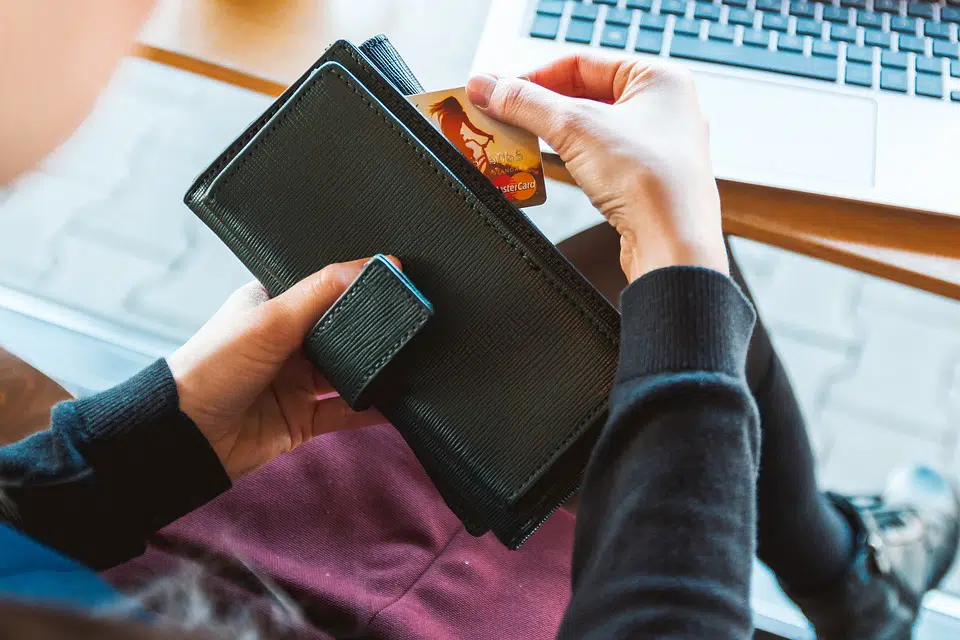What Can a Thief Do With Your Wallet?
Home Help Center What Can a Thief Do With Your Wallet?

There are so many ways that a thief with some tech know-how can steal your identifying information. Methods like hacking, data breaches, internet takeover, phishing, spoofing, and scams can make the digital landscape a veritable privacy minefield. Unfortunately, the threat from “old fashioned” low-tech criminals is still every bit as real.

But what else was in that wallet? Your driver’s license? Your Social Security card? Your health insurance card?
On their own, each of those items doesn’t necessarily lead to identity theft, but when combined, they can cause a lot of problems.
When it comes to your Social Security card, never carry it around with you. This is the one piece of information that can lead to identity theft since it can be used to open a wide array of new accounts. If you need your card, such as to sign paperwork at your new job, simply get it out of your safely stored documents and bring it with you. Remember to put it back in its place immediately once you no longer need it.
Your driver’s license—or your state-issued ID card, if that’s what you carry—is a little trickier, though, since you might be required to prove your identity several times a day. Fortunately, the only really useful information on your card is the ID number itself. With that number, someone could write a check from your checkbook, or give that number to law enforcement at the time of an incident while claiming that they don’t have the physical card with them. However, it’s not very likely that someone can steal your entire identity just based off of the information on your license.
Speaking of law enforcement, criminal identity theft occurs when someone has a brush with the law—anything from a traffic violation to a felony—and claims to be you. They eventually move on, leaving you with an unpaid parking ticket, bail or bond, or a court date that you know nothing about. Once “you” fail to pay the ticket or fail to appear in court, your real problems begin.
How does your health insurance card come into play? Combined with your driver’s license information, a criminal can seek medical care in your name. Once they do, there’s a significant bill waiting for you, again one that you know nothing about. Even more alarming, there is a possibility that the thief’s medical information can work its way into your records, which can have serious (even life-threatening) consequences for your health.
So, short of chaining your identifying documents to your body, how do you protect yourself? After you’ve made sure your ID cards and important documents are kept securely in your wallet or bag, and that you’ve made a habit of keeping tabs on them, your next step is to know what to do if those items go missing. Even if you have no reason to believe your IDs were actively stolen, a lost wallet is still enticing to a thief. If your information is unaccounted for, report it to your local DMV immediately. You might need to file a police report as well, just so there’s a record of the items leaving your possession if someone tries to use them.
Have questions about identity theft? Download the free ID Theft Help app for on-the-go assistance.
How much information are you putting out there? It’s probably too much. To help you stop sharing Too Much Information, sign up for the In the Loop.
Get ID Theft News
Stay informed with alerts, newsletters, and notifications from the Identity Theft Resource Center

